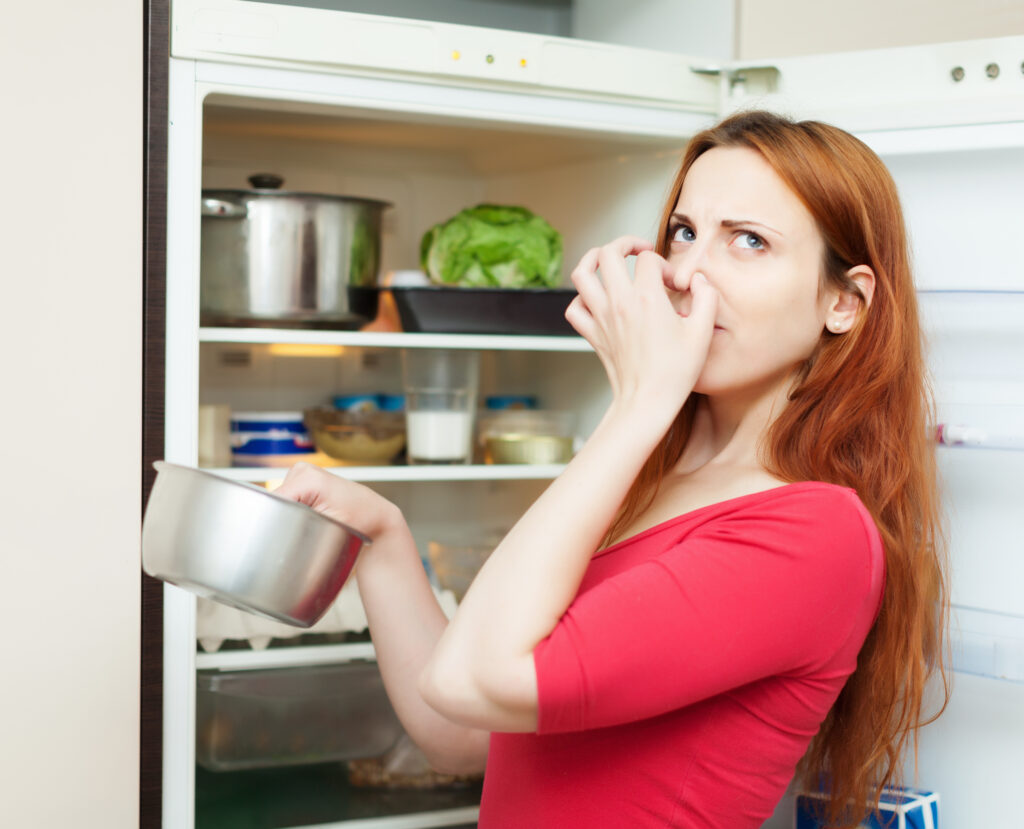“How Long Does Curry Last Unrefrigerated” but Curry is a well-liked food enjoyed by people all over the world. It is a magnificent combination of flavorful spices, complex flavors, and various components.. From the fiery Indian curries to the savory Thai variations, and the comforting Japanese renditions, curry has secured its place in the hearts (and taste buds) of food enthusiasts everywhere. However, when preparing any meal, especially when serving curry that hasn’t been refrigerated, there are important food safety considerations to keep in mind
Table of Contents
This in-depth tutorial will examine the variables affecting the shelf life of unrefrigerated curry and offer crucial food safety advice so you can enjoy this tantalizing dish worry-free.
Understanding the Shelf Life of Unrefrigerated Curry

The ingredients used, the method of cooking, and the storage conditions all affect how long curry will stay fresh.
Generally speaking, unrefrigerated cooked curry should be consumed within two hours of preparation.
After this time, the risk of bacterial growth skyrockets, and consuming the curry can lead to foodborne illnesses.
Also read:-Crispy and Flavorful Gordon Ramsay Fish and Chips Recipe 4 Easy Steps:
Factors Affecting Curry’s Longevity
Several factors play a crucial role in determining how long curry can safely remain unrefrigerated:
- Temperature: The temperature has a big impact on how quickly bacteria grow. Leaving curry at room temperature for an extended period creates an ideal environment for harmful bacteria to thrive. To avoid this, it’s best to promptly refrigerate any leftover curry.
- Ingredients: The ingredients in your curry can also impact its shelf life. Curries containing protein-rich ingredients like chicken, fish, or meat may spoil faster than their vegetarian counterparts. This is because animal-derived goods have a higher risk of bacterial development.
- Hygiene and Handling: Proper hygiene during cooking and serving is essential to prevent contamination. One cannot stress the significance of maintaining proper sanitary practices in the kitchen.
Cross-contamination from dirty hands or utensils can promote the growth of dangerous pathogens.
. - Spice Content: Interestingly, the spices used in curry can act as natural preservatives to some extent. Higher spice content curries could last a little bit longer than curries with more subdued flavors.
Although curry contains spices, it can still spoil if it isn’t refrigerated, thus refrigeration is the best choice.
Signs of Spoilage

Identifying the signs of spoilage is crucial to prevent consuming unsafe curry. Look out for these signs:
- Foul Odor: If the curry emits an unpleasant or sour smell, it has likely gone bad.
- Mold Growth: Visible mold growth is a clear indicator of spoilage. Discard the curry immediately if you spot any mold.
- Strange Texture or Color: If the curry appears slimy or has changed color significantly, it’s best to avoid consuming it.
- Taste Test: When in doubt, taste a small portion of the curry. If the flavor seems off or rancid, it’s safer to discard the dish.
Food Safety Tips for Curry Lovers
To ensure you can savor your curry without compromising your health, follow these essential food safety tips:
- Prompt Refrigeration: After cooking, refrigerate any leftover curry within two hours to prevent bacterial growth.
- Proper Reheating: When reheating curry, ensure it reaches a temperature of 165°F (74°C) to eliminate any potential bacteria.
- Regular Cleaning: Maintaining a clean cooking area and utensils reduces the risk of contamination.
- Safe Storage: If you plan to take curry for a picnic or outing, use insulated containers to maintain a safe temperature.
- Mindful Serving: When serving curry at parties or buffets, use chafing dishes or hot plates to keep it at a safe serving temperature.
When in Doubt, Discard
It’s better to be cautious than sorry if you are unsure about the safety of unrefrigerated curries or believe it has been out too long. Discard the curry to avoid any potential foodborne illnesses or health issues.
Conclusion: Relish Curry Responsibly
Curry is undoubtedly a delectable culinary delight that deserves to be enjoyed to the fullest. By understanding its shelf life and adhering to essential food safety practices, you can relish this sumptuous dish without any worries. Whether you’re whipping up a homemade curry or enjoying one from your favorite restaurant, remember to prioritize food safety and indulge responsibly. So go ahead, savor those vibrant flavors, and embark on a delightful culinary journey with curry!

